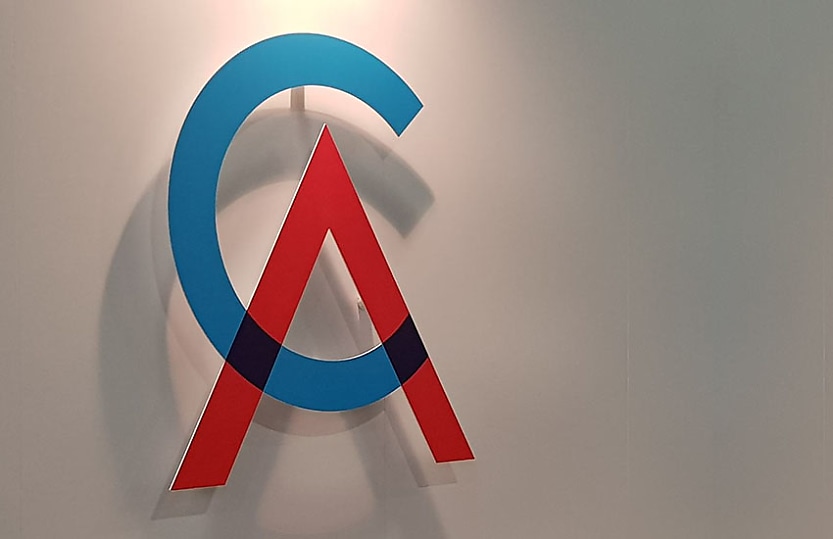Accountants have key role in climate transition, CA ANZ says

Accountants have a key role to play in spurring private sector decarbonisation and crafting credible climate transition strategies, CA ANZ has said.
At the UNSW Institute of Climate Risk and Response (ICCR) Industry Forum last Thursday (23 October), climate risk accounting expert Dr Tanya Fiedler hosted a panel discussing the challenges and opportunities faced by businesses adhering to new mandatory climate disclosure requirements.
Panellist Damian Ogden, CA ANZ group executive of advocacy, public and government affairs, told the conference that accountants held a unique role in the climate transition, as one of the most trusted professions globally.
“Accountants do play a really pivotal role in this, not just in their role as accountants, but also in communicating the narrative,” he said.
“When we look at the history of climate change over the last couple of decades, there is a lot of data, there's a lot of evidence in the science. But why do we question data, science and facts?"
“It does come down to trust. And trust is twofold. It is about having the evidence, the data that is incredibly important. But it is also about the trust in the messenger, and the messenger is critically important to this.”
From 1 January 2025, Australia’s largest companies have been required to report on their climate governance, strategy and greenhouse gas emissions under mandatory climate-related financial disclosure rules.
As the requirements take effect, companies will face the challenge of translating complex scientific information into actionable climate risk insights. Fiedler said this would pose fresh challenges for financial reporting teams.
Businesses have felt pressure to quantify risks that their individual assets may face due to climate change, she said. However, current climate models cannot accurately predict risks at such a small spatial scale.
“We don't have the capacity to model the physics of the entire earth system down to the scale of 100 meters, or 200 or 500 meters,” Fiedler explained.
“There's a challenge here because the standard setters are requiring certain things, and so businesses feel enormous pressure. They feel that they have to provide very precise information at the scale of an asset in order to satisfy regulatory requirements.”
She said that the accounting profession was transitioning through a learning period with new climate-related financial disclosure requirements.
“From the many discussions that I've had with the accounting and audit profession, because of the scale of the change that we're experiencing, there is a tremendous amount of learning that needs to take place, and some of that is painful,” Fiedler said.
“And [CA ANZ] are deeply involved in this process of working with the accounting community to explore how we can produce credible climate reports.”
Ogden said that CA ANZ was working to provide the accounting profession with guidance and tools to adhere to the new mandatory climate disclosure requirements.
“Micro credentials, webinars, integration of sustainability into our flagship CA program is evidence of that,” he said.
“And it does also break through some of the stereotypes around accountants as well. We talk about accountants being difference makers and they are fundamental to this [net zero transition]. If you want to make a difference and if you want to be part of the solution to the climate challenge, then consider professions that you might not otherwise have considered.”
About the author

